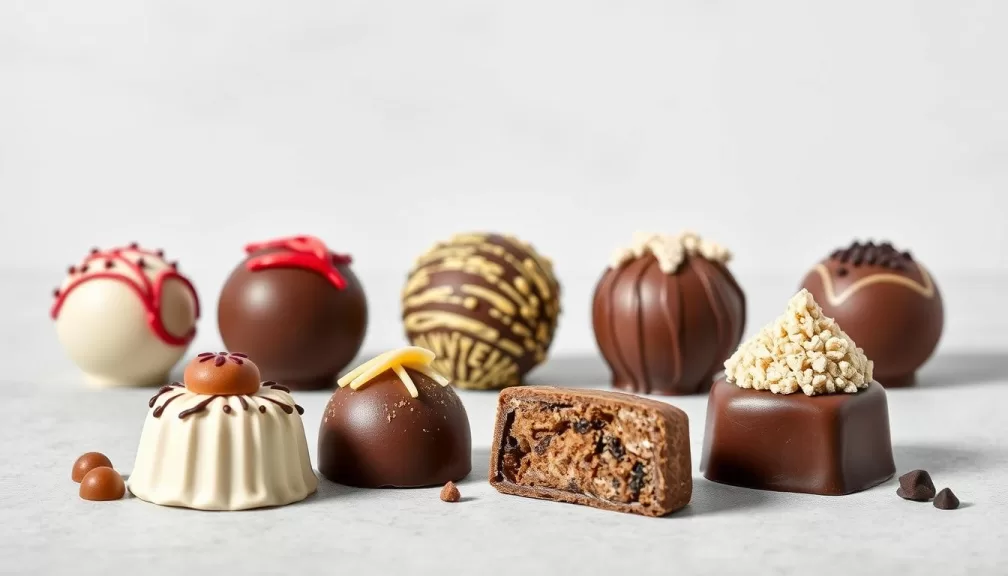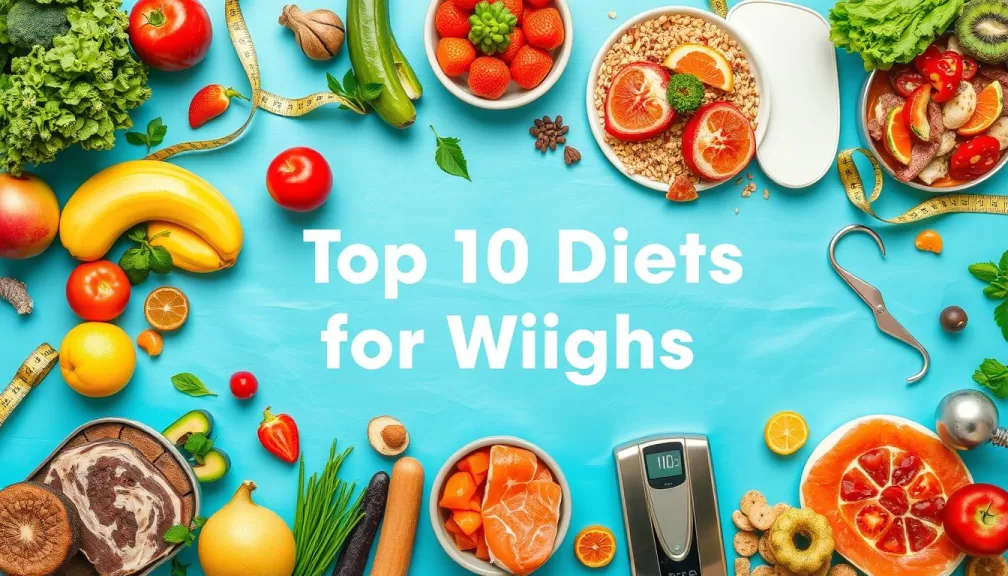As winter gets closer, it’s key to watch what you eat. This helps keep your body warm, fed, and healthy. Some foods that are okay in warmer weather can harm you in the cold. We’ll look at 10 foods to skip in winter and why. This will help you choose better for your diet during the cold months.
Key Takeaways
- Certain foods can negatively impact your body’s ability to stay warm and maintain proper digestion during the winter season.
- Incorporating seasonal, warming foods into your diet can help support your overall health and well-being throughout the colder months.
- Understanding the science behind why certain foods are less suitable for winter can empower you to make more informed dietary choices.
- Avoiding these 10 foods during winter can help you feel more energized, comfortable, and nourished.
- Exploring healthier alternatives to these winter-unfriendly foods can keep your taste buds satisfied while supporting your body’s needs.
Understanding Winter Nutrition: Why Some Foods Are Better Left Off Your Plate
When it gets colder and the days get shorter, our bodies change a lot. This change in what we eat can really affect our health. Knowing about winter nutrition helps keep our bodies strong and full of energy.
Impact of Seasonal Eating on Health
What we eat in winter can help or hurt our bodies. Eating foods rich in nutrients can boost our immune system and help us digest better. But eating the wrong foods can make us gain weight, feel tired, and have stomach problems.
How Winter Affects Digestion and Metabolism
The cold weather makes it harder for our bodies to use nutrients. Our metabolism slows down to save energy, making it tough to digest some foods. The cold also messes with our gut health, causing constipation, bloating, and poor nutrient use.
| Seasonal Impact | Dietary Considerations |
|---|---|
| Reduced Metabolism | Focus on nutrient-dense, calorie-controlled meals |
| Digestive Disruptions | Opt for easily digestible, warming foods |
| Immune System Challenges | Incorporate immune-boosting foods and supplements |
Knowing how winter eating affects us helps us make better food choices. We’ll share more tips on what to eat during the cold season soon.
Cold Foods and Beverages: The Hidden Impact on Your Winter Health
As winter comes, it’s key to watch what you eat and drink. Chilled drinks and frozen treats might seem good, but they can harm your health. Knowing how cold foods affect you can help you stay healthy during winter.
When it’s cold, our bodies work harder to stay warm. Eating cold foods and drinks makes this harder. It can slow down your metabolism, cause stomach problems, and weaken your immune system. This makes you more likely to get sick.
Also, cold foods can make your blood vessels narrow. This reduces blood flow and can make you feel tired, sore, and uncomfortable. It’s harder to enjoy winter activities when you feel this way.
“Consuming cold foods and drinks during the winter can be like adding insult to injury for your body. It’s important to choose warm, nourishing options that will help keep you energized and healthy throughout the colder months.”
To keep your winter diet and cold-weather nutrition on track, cut down on cold drinks, frozen treats, and raw, chilled foods. Choose warm soups, hot teas, and cooked veggies instead. These changes will help your body stay warm and keep you feeling great all winter.
Raw Salads and Cold Vegetables: Why They’re Not Your Winter Friends
As winter comes, it’s time to think about your diet. You might want to change what you eat to fit the cold weather better. Raw salads and cold veggies might not be the best choice for winter.
Better Alternatives to Raw Vegetables in Winter
Raw veggies are great in summer, but not so much in winter. They can be hard to digest, making you feel heavy. Try adding warm, cooked veggies to your meals instead.
Seasonal foods like roasted roots, sautéed greens, and vegetable stews are good for you. They help keep you warm and support your winter diet and cold-weather nutrition.
Warming Preparation Methods for Vegetables
- Roast vegetables in the oven with olive oil and seasonings.
- Sauté them with garlic, ginger, or other spices.
- Simmer them in soups, stews, or braises for flavor.
- Steam and then toss with warm sauce or dressing.
Using these methods, you can enjoy veggies’ health benefits while keeping warm in winter.
“Embracing seasonal, cooked vegetables is a simple yet effective way to nourish your body and support your overall health during the winter season.”
| Raw Salads and Cold Vegetables | Warm, Cooked Vegetables |
|---|---|
| Can be challenging for digestion in winter | Easier for the body to process and absorb nutrients |
| May not provide the warmth and comfort needed in cold weather | Offer a comforting and satisfying eating experience |
| Lack the warming properties that can support metabolism and body temperature | Help maintain body temperature and promote healthy digestion |
Choosing warm, cooked veggies for your winter diet can nourish your body. It supports your health during the cold months.
Frozen Desserts: The Case Against Ice Cream in Cold Weather
Ice cream might seem like a great treat, but it’s not the best choice in winter. The cold can affect your health and how you feel.
Your body tries to stay warm when it’s cold outside. Eating something as cold as ice cream can make it harder. This can make you feel colder and less energetic.
Also, ice cream’s sugar can upset your stomach. This is especially true when your body is already working hard in winter. You might feel bloated or have stomach problems.
Instead of ice cream, try warmer, more nourishing desserts. Enjoy a warm apple crumble, a steaming mug of hot chocolate, or a baked custard. These treats are cozy and good for your body.
“Eating cold foods in the winter can disrupt your body’s ability to maintain a healthy temperature, leading to discomfort and even health issues. It’s important to be mindful of your seasonal dietary needs.”
Choose wisely with your frozen foods in the winter diet. This way, you can don’t eat these 10 foods in winter ever. Your body will stay healthy and strong all winter.

Don’t Eat These 10 Foods in Winter Ever: Expert Guidelines
As winter comes, it’s key to watch what you eat. Some foods are okay in other seasons but not in winter. Experts say there are foods to skip this winter to stay healthy.
Scientific Evidence Behind Winter Food Restrictions
In winter, our body changes. Digestion and metabolism slow down. This makes it tough to digest some foods well.
Research shows eating cold, raw, or heavy foods can upset your stomach. It can also cause health problems.
Some winter foods might not have as many nutrients. Or their nutrients might be harder for your body to use. This can make it harder for your body to stay healthy in the cold.
Common Misconceptions About Winter Diet
Many think they can eat unhealthy foods in winter without harm. But this can lead to winter weight gain and health issues. The body’s needs change with the seasons. Eating foods that match the season is key for staying well.
We’ve made a list of 10 unhealthy winter foods to avoid:
- Ice cream and other frozen desserts
- Raw salads and cold vegetables
- Chilled beverages
- Fried foods
- Processed meats
- Sugary baked goods
- Carbonated drinks
- Fast food
- Dairy products like milk and cheese
- Excessive alcohol consumption
Choosing the right foods and avoiding these can help your body adapt to winter. This way, you can stay healthy all winter long.
Processed and Preservative-Heavy Foods to Avoid
As winter comes, watch what you eat. Foods full of preservatives can harm your health. They often have unhealthy additives and too much sodium.
Winter can already make your stomach work harder. Eating foods with lots of preservatives can make it worse. You might feel bloated, constipated, or have stomach pain. Also, too much sodium can make you retain water, making it hard to stay warm.
Choose whole foods instead of preservative-laden foods for your winter diet. Go for fresh fruits, vegetables, lean proteins, and whole grains. These foods give your body the vitamins, minerals, and fiber it needs to stay healthy in cold weather.
- Stay away from packaged snacks like chips, crackers, and cookies. They’re full of preservatives and unhealthy fats.
- Don’t eat canned soups and pre-made meals. They’re high in sodium and preservatives.
- Choose fresh, lean proteins instead of processed deli meats.
- Avoid artificial sweeteners in diet and “sugar-free” foods and drinks.
Avoiding preservative-laden foods in winter helps your body function better. It boosts your immune system and keeps you healthy during the cold months.
“Processed and preservative-heavy foods can be particularly problematic in winter, as they can disrupt your body’s natural functions and lead to a range of health issues.”

| Processed Food | Healthier Alternative |
|---|---|
| Canned soup | Homemade vegetable or lentil soup |
| Frozen meals | Freshly prepared dishes using whole ingredients |
| Deli meat | Grilled or roasted chicken or turkey breast |
| Sugary cereal | Oatmeal with fresh fruit and nuts |
Why Carbonated Beverages Can Be Problematic in Winter
When it gets colder, what you drink matters more. Carbonated drinks can be tricky in the winter. It’s good to know how they might affect your health.
Effects on Body Temperature and Digestion
Drinks like soda and sparkling water cool your body. The carbon dioxide in them can lower your body temperature. This can make it harder to stay warm, especially in the cold.
Also, these drinks can stress your digestive system. This is because your body is already working hard to digest winter foods. You might feel bloated, gassy, or uncomfortable.
Healthier Winter Beverage Options
For a better winter diet and cold-weather nutrition, choose warm, non-carbonated drinks. They help keep your body temperature up and aid digestion. Good options include:
- Herbal teas, such as ginger, chamomile, or peppermint
- Warm, spiced cider or mulled wine
- Hot broths or bone broth
- Warm, non-dairy milk alternatives, like almond or oat milk
Choosing the right drinks can keep you comfortable and healthy during the cold months. Follow the don’t eat these 10 foods in winter ever tips for better health.
Fast Food and Its Impact on Winter Wellness
Winter makes us want quick, easy meals. But fast food can harm our health. It’s full of calories, unhealthy fats, and ingredients that cause inflammation.
Fast food can make you gain weight and feel tired. It’s cold and hard to digest. This can slow down your metabolism and make you feel bloated.
Choose better foods for winter. Go for soups, stews, and roasted veggies. They’re warm, nourishing, and good for you. Making smart food choices helps keep you healthy and energized all winter.





